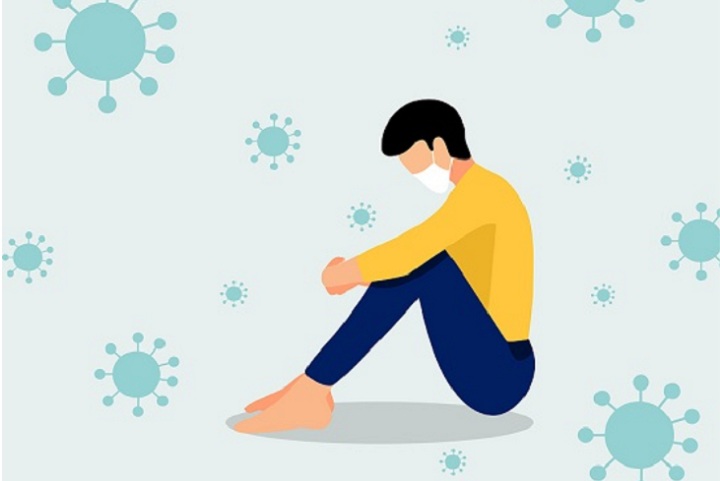Nobody could have predicted the events of the past two years.
The COVID-19 pandemic has completely changed the way we live our lives and it’s likely that these changes are going to be permanent. Many people across the world are continuing to wear masks even though it’s not a legal obligation anymore. Lots of people are keeping their distance despite the social distancing rules being lifted.
Of course, many of the lockdowns and the associated restrictions were necessary to keep the public safe. This was especially important for those who are immunocompromised and had an increased risk of infection and severe symptoms.
There’s no doubt that the COVID-19 pandemic restrictions helped to keep millions of people physically safe. Unfortunately, the same cannot be said for people’s mental health.
Over half of all adults and around two-thirds of children say that their mental health has deteriorated since the start of the pandemic. Those with pre-existing mental health illnesses say that their conditions have worsened since the first lockdown began.
In particular, it seems that those with depression, PTSD, eating disorders, and OCD was most affected by the pandemic with more severe symptoms and relapses being at an all-time high.
A large component of this decline in people’s overall mental health is the lack of human connection. New restrictions forced everybody to stay at home, unable to perform their usual daily activities or attend social events.
As humans, we crave other people’s company. We are social beings. Due to lockdowns of the COVID-19 pandemic, many people’s social needs were not met, leading to a noticeable decline in global mental health status.
There was also the issue of the unknown. Nobody knew when the pandemic was going to end and there was a lot of uncertainty around when the next lockdown would begin and end. This likely increased people’s symptoms of anxiety and depression, even in those who were not previously diagnosed.
To combat the negative consequences on people’s mental health, more funding has been put into mental health services.
This has enabled new treatments and therapies to be developed. For example, cognitive behavioral therapy is being offered to more and more individuals, and ketamine therapy has been used to treat depression from the COVID pandemic.
As every case is individual, what works for one patient may not work for another. However, the new developments in psychotherapy and other medications to tackle the deterioration in mental health look promising.
It’s important to emphasize that mental health services are available, and treatments and therapies are constantly being re-evaluated to ensure they are the best they can possibly be.
Encouraging people to speak up about their struggles is also vital to tackling the world’s current increasing mental health problems. Many people worry about speaking up due to stigmatization or fear of other people’s judgment.
By raising awareness about mental health and the incredible help that is available to everybody, more people will feel comfortable reaching out to mental health services for advice and support.
By giving more and more people the option to reach out and get the support they need, we can slowly start to reverse the negative effects of the COVID-19 pandemic on global mental health.


















